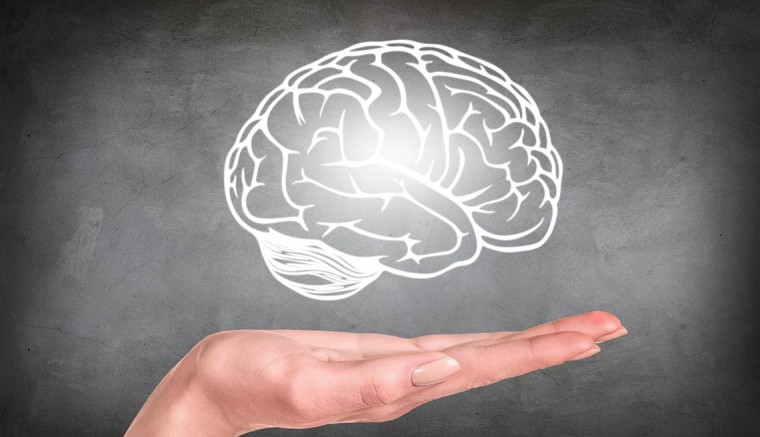‘Active social interaction key to brain health’
andhrapradesh | Written by : Suryaa Desk
Vegetarians need Vitamin B12, says expert
Of the many causes, inactive social life and malnutrition are found to be the major factors for a steady memory decline and the eventual irreparable damage to brain health.
On the World Health Day on Friday, doctors underlined the need for creating awareness among the vulnerable people to make healthy lifestyle modifications to prevent the onset of the symptoms of brain stroke, hypertension, heart disease and various other illnesses.
Memory loss
“Leading an active social life can protect a person against memory loss. Spending time with others, engaging in stimulating conversations and staying in touch and connected with family and friends are good for brain health,” said Dr. Bindu Menon, head of neurology, Apollo Speciality Hospitals, Nellore.
Studies have shown that those with the most social interaction in their communities experienced the slowest rate of memory decline.
The most complex and important organ of the body, the brain is constantly active even when a person is asleep. It constantly requires 20% of the heart’s output of fresh blood and 20% of the blood’s oxygen and glucose to keep functioning properly.
Brain is such a sensitive organ that it is exposed to more harmful stress due to lifestyle and environmental factors, resulting in a process called oxidation which damages brain cells. Food rich in antioxidants can help fend off the harmful effects of oxidation.
According to Dr. Menon, Vitamin B decreases the risk of brain stroke and dementia. Vegetarian diet does not have Vitamin B12 because of which medicinal supplementation may be required in pure vegetarians.
All vegetables and fruits need to be properly washed to remove chemicals and also to prevent neurocysticercosis (tape worm infestation in brain producing fits).
There is need to decrease saturated and trans fat which is artificial oil present in processed food like biscuits, cakes and ready-made foods. Omega-3 fatty acid is a building block of the brain and is important to brain development. They are found in fish, eggs, yogurt and walnut.
Physical activity
People who exercise regularly have a lower risk of developing Alzheimer’s disease and stroke. Those between 18-64 age group should do at least 150 minutes of moderate to intense aerobic physical activity throughout the week or at least 30 minutes of exercise everyday.
For most people, the easiest way to get moving is to make activity part of everyday life, like walking or cycling instead of using the car to get around.
Daily seven to eight hours of wholesome sleep is required for brain health. Sleep energises, improves the mood and immune system and may reduce buildup in the brain of an abnormal protein called beta-amyloid plaque, which is associated with Alzheimer’s disease.
